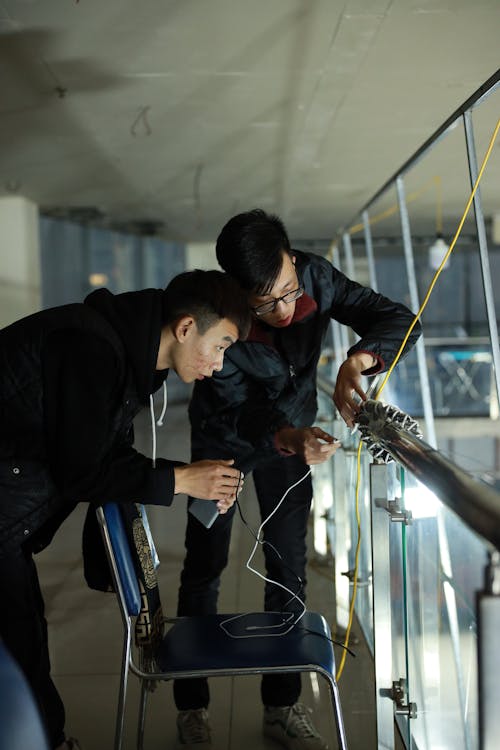Counseling technicians play a pivotal role in supporting individuals needing mental health services.
They require appropriate education and training to be the best in their profession.
Let’s explore the significance of education and training for counseling technicians and the key features they should focus on.

Foundational Education
A relevant degree, such as an associate’s or bachelor’s degree in psychology or counseling, provides a solid foundation. It fortifies technicians with fundamental knowledge of human behavior, communication skills, and an understanding of mental health disorders.
Specialized Training Programs
Participating in specialized training programs tailored to counseling techniques and practices is vital for counseling technicians. These programs improve their skills in crisis intervention, assessment tools, therapeutic interventions, and ethical considerations.
Clinical Experience
Counseling technicians must gain practical experience via internships or supervised clinical placements.
Working under the tutelage of experienced professionals allows them to apply their theoretical knowledge in real-world settings, develop counseling skills, and understand the dynamics of client interactions.
Continuing Education
Counseling technicians need continuing education to stay updated with the latest research, therapeutic approaches, and ethical guidelines.
Programs like workshops, seminars, and professional conferences keep them informed and enable ongoing professional growth.
Cultural Competence
Counseling technicians must be culturally competent to work with diverse populations effectively. Understanding and respecting cultural differences, beliefs, and values is essential for providing inclusive and culturally sensitive care.
Ethical Considerations
Education and training should highlight ethical guidelines and professional standards. Counseling technicians need to be well-versed in ethical principles, boundaries, confidentiality, and legal requirements to ensure the well-being and privacy of their clients.
Supervision and Mentoring
Having access to experienced supervisors and mentors is invaluable for counseling technicians. Regular supervision and mentoring sessions provide feedback, guidance, and support, enhancing professional development and promoting self-reflection.
Education and training form the foundation of a counseling technician’s career. Through comprehensive education, specialized training, practical experience, and ongoing professional development, counseling technicians can build the necessary skills and knowledge to support individuals in need of mental health services effectively.
Continued commitment to learning and growth ensures they stay abreast of advancements in the field and provide quality care to their clients.